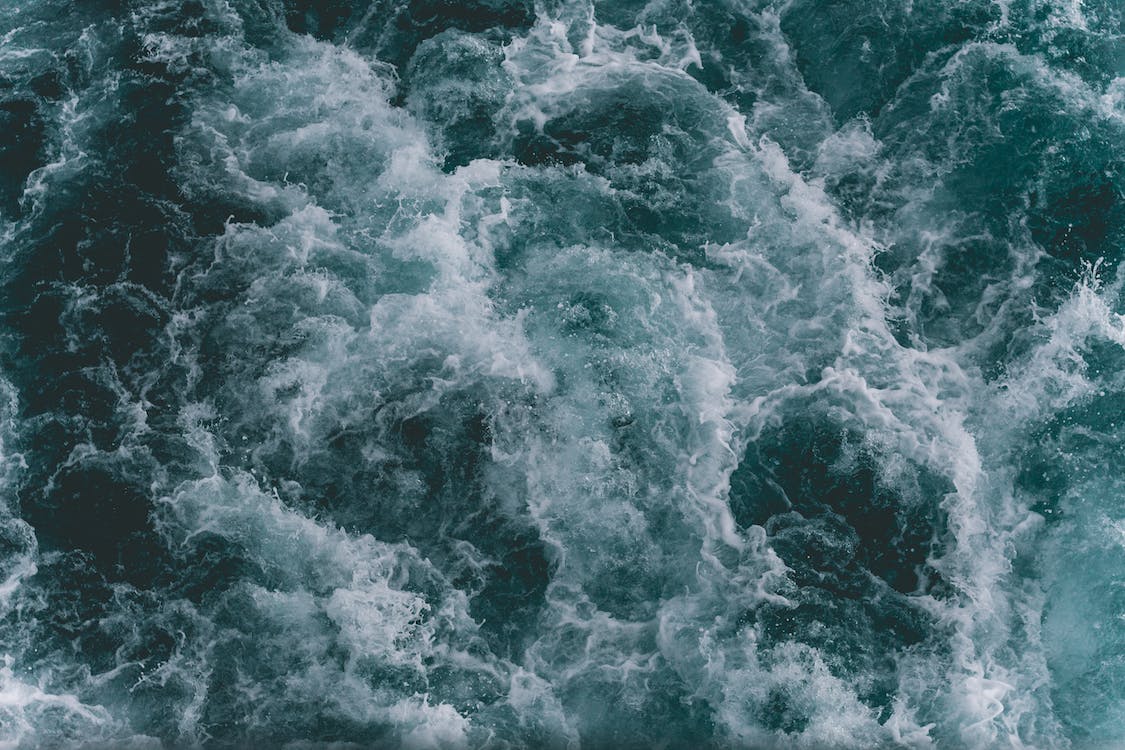Why are the oceans salty?
The oceans are salty because they contain dissolved salts, such as magnesium, calcium, and potassium, which have been leached from the Earth’s crust and carried into the oceans by rivers. As the water in the oceans evaporates, the dissolved salts are left behind, making the water more and more salty over time.
The process of water moving through the Earth’s hydrological cycle also contributes to the saltiness of the oceans. Water from the oceans evaporates into the atmosphere, where it forms clouds that eventually produce rain. When the rain falls back to the Earth’s surface, it can carry dissolved minerals with it, which can then make their way into the oceans.
The saltiness of the oceans is not constant and can vary depending on the location and the time of year. For example, the water in the oceans near the poles is generally colder and less salty than the water near the equator. This is because the cold water near the poles is less able to dissolve salts, so the water is less salty. Similarly, during the dry season in some parts of the world, the water in the oceans may become saltier because there is less freshwater flowing into the oceans to dilute the salt.
Does dead sea have salt?
Yes, the Dead Sea has a very high salt concentration, in fact, it is one of the saltiest bodies of water in the world. The Dead Sea is located between Jordan to the east and Israel and the West Bank to the west, and it is fed by the Jordan River.
The high salt concentration in the Dead Sea is due to the fact that it has no outlets, which means that the water that flows into it from the Jordan River evaporates, leaving behind the salt and minerals that were dissolved in the water. The salt concentration in the Dead Sea is so high that it is difficult for most organisms to survive in it, which is why it is called the “Dead” Sea. However, the high salt and mineral content in the water and mud of the Dead Sea have therapeutic properties and are used in various beauty and health treatments.
What is desalination?
Desalination is the process of removing salt and other minerals from seawater or other types of saltwater in order to produce fresh drinking water or irrigation water. This process is necessary in areas where there is a scarcity of freshwater and the only available water sources are saline, such as in coastal regions, arid regions, or places where freshwater sources are contaminated.
There are several methods of desalination, but the most commonly used are reverse osmosis and distillation. Reverse osmosis involves forcing seawater through a semipermeable membrane that blocks salt and other minerals, allowing only pure water to pass through. Distillation involves boiling the seawater, collecting the steam, and condensing it into pure water.
Desalination is an expensive process, and it requires a significant amount of energy to produce freshwater from seawater. However, it has become increasingly important as a means of providing freshwater in areas facing water scarcity, and advancements in technology are making desalination more efficient and cost-effective.




